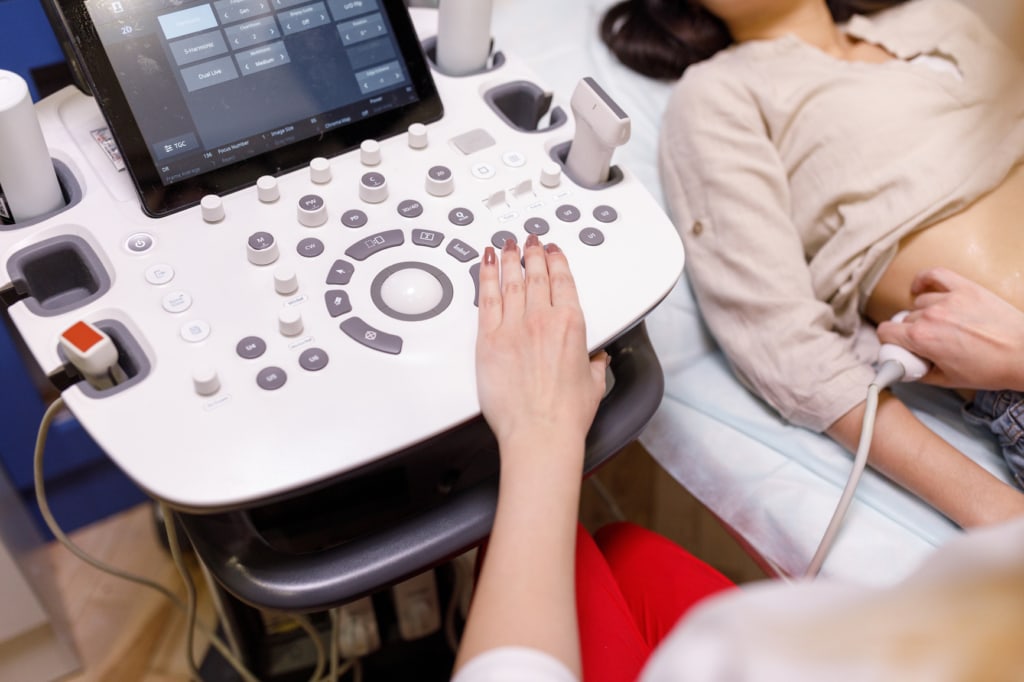Maleimides are a class of organic compounds that contain a cyclic imide group. They have been widely used in chemical biology research due to their ability to react with thiol groups on proteins, peptides, and other biomolecules to form stable covalent bonds. This property has made maleimides useful for a variety of applications, including protein labeling, drug delivery, and as molecular probes for imaging and sensing.
How Are Maleimides Used in Drug Development?
Maleimides are commonly used in the conjugation of drugs to antibodies to create antibody-drug conjugates (ADCs). ADCs have had a major impact on oncology patients with the recent approvals of therapies like Adcetris™ and Kadcyla™. However, many new ADCs fail during development due to problems with maleimides. For example, maleimides can react with other thiol-containing proteins in the body, leading to non-specific binding and potential toxicity. They can also have low reactivity with certain thiols on antibodies, which can result in incomplete conjugation and lower drug-loading efficiency.
Next Generation Maleimides (NGMs)
Next generation maleimides are designed to overcome these limitations and improve the properties of the maleimide compound. They have been developed through chemical modifications of the original maleimide structure, and they have been shown to improve the pharmacokinetics and efficacy of ADCs in preclinical studies. Compared to traditional maleimides, NGMs may have increased stability in aqueous solutions, reduced non-specific binding, and higher reactivity with certain thiols on antibodies, resulting in higher drug-loading efficiency.
By addressing the limitations of traditional maleimides, next generation maleimides represent a promising advancement in the development of ADCs, which may lead to better clinical outcomes for cancer patients.
Considerations When Investigating NGMs in the Development of ADCs
NGMs represent an exciting frontier in clinical research. Sponsors hoping to investigate ADCs developed using these compounds will need to consider several risks and sensitivities, including toxicity, regulatory requirements, cost considerations, and more. While next-generation maleimides have been designed to address the limitations of traditional maleimides, they may still have toxic properties that need to be carefully evaluated through toxicity studies. Additionally, the regulatory landscape for ADCs is constantly evolving, and there may be specific requirements for the use of next-generation maleimides in clinical research. It will be important to work with regulatory agencies and follow their guidelines to ensure compliance and facilitate the approval process. The costs associated with toxicity studies, the cost of manufacturing, and eventually, clinical trials, can also impact the feasibility of working with NGMs.
How Sponsors Can Reduce Risk and Increase Efficiency by Working with a CRO
Sponsors can mitigate some of these risks by working with a CRO. CROs may have more expertise in chemical synthesis, bioconjugation, and assay development, which are all important for the development and optimization of maleimide-based compounds. They may have access to specialized equipment and facilities, such as high-throughput screening platforms, mass spectrometry, and imaging systems, which can be used to optimize maleimide-based compounds and evaluate their efficacy in preclinical models. CROs can also be more agile and flexible than trial sponsors in their approach to research, which can allow them to more quickly pivot or adjust study design based on new data or insights, while providing cost-effective solutions and accelerating the process overall.
Work with a Next-Generation CRO
Vial is a next-generation, technology-first CRO reimagining clinical trials to deliver faster, more efficient trial results at dramatically lower costs for biotech sponsors. Our modern, intuitive technology platform integrates trial onboarding, patient enrollment, site communication, and data collection processes into one connected system. Vial’s technology accelerates site startup, onboarding 90% of sites in under 30 days. We also replace paper source in trials, leveraging eSource and eTMF to reduce protocol deviations for sites. Vial also offers intuitive, consumer-friendly electronic data capture (EDC) and patient-reported outcomes systems that ensure data integrity.
When designing clinical trials involving ADCs, Vial can provide guidance on regulatory requirements, data management, and quality control, helping to ensure that the clinical trial meets the highest standards of safety and efficacy while reducing costs and increasing



